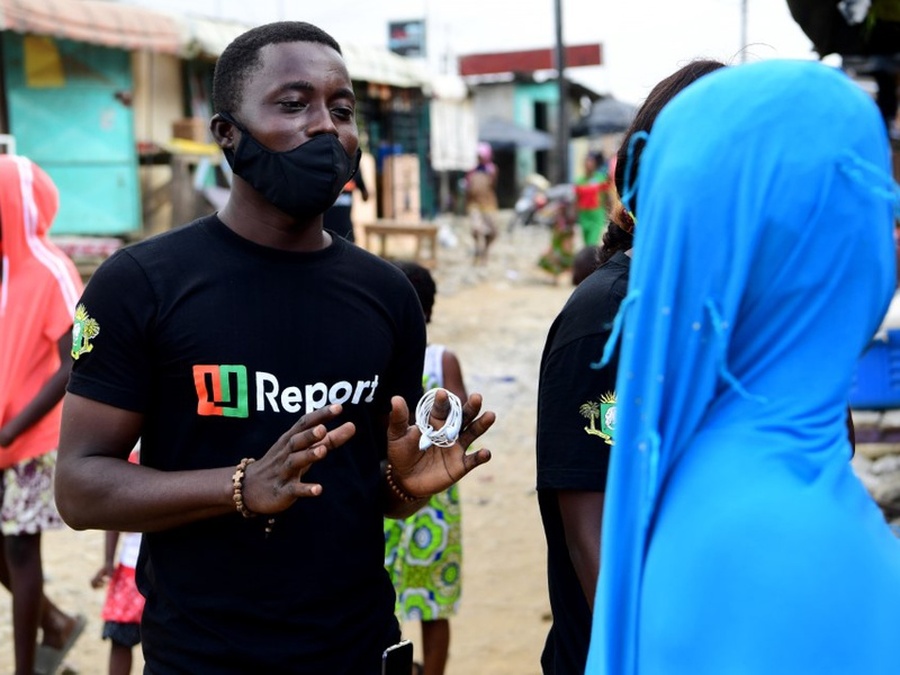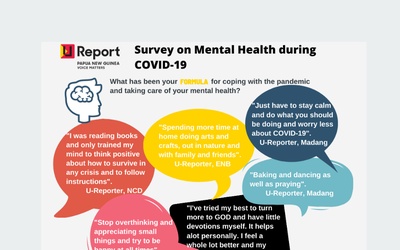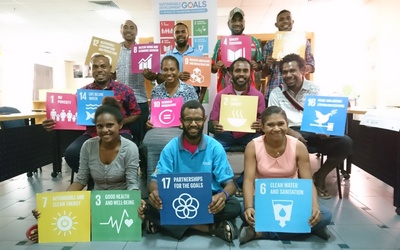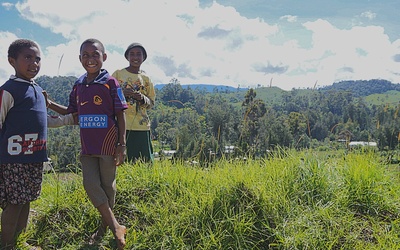A recent poll conducted on U-Report, a youth engagement platform for feedback and positive change, suggests that only 54 per cent of the respondents would get a COVID-19 vaccine if it were recommended for them. The poll, which collected responses from over 260,000 participants from more than 20 countries, emphasizes the need to strengthen efforts to boost COVID-19 vaccine confidence – particularly by focusing on providing accessible and accurate information about their effectiveness and safety, and fighting misinformation.
Among those who indicated they would not get the COVID-19 vaccine, 34 per cent said it was because they did not feel it was safe, followed by not knowing enough (23 per cent) and rumours they have heard (12 per cent). Younger respondents were more likely to report that rumours were what caused their vaccine hesitancy.
"Unless certified by WHO, I would not get a vaccine"- Female, 16, Maldives.
"A vaccine would take at least 8 to 9 years to be created and this vaccine did not take even one year, how much do you know about that vaccine?" Male, 21, Dominican Republic.
The report also points to important channels of misinformation and opportunities to target communication to adolescents and young people. Among those who mentioned that they wouldn't trust the vaccine because of rumours they've heard, social media was the most common source of these rumours (47 per cent), followed by people in their community (31 per cent) and other media (12 per cent). Social Media was also considered the primary source to get correct information about COVID-19 vaccines (45 per cent), followed by television (19 per cent) and websites (14 per cent).
63 per cent of respondents said they would not pay for the COVID-19 vaccine and that protecting themselves and others (29 per cent) and the economic impact of COVID-19 (28 per cent) were their main worries during the pandemic, followed by access to education (11 per cent) and access to health care and treatment (11 per cent). Access to education scored higher in the younger cohorts.
To access the full U-Report report, click here.
COVID-19 vaccines are our best hope for overcoming the pandemic. However, for them to work we must boost vaccine confidence in all members of the community and stop misinformation. The poll, like other studies conducted so far, suggests that there is still a significant group of 'vaccine hesitant' people in various communities globally. This calls for us to strengthen efforts to build trust in the vaccines, and in so doing, contribute to the battle against the pandemic.
UNICEF is already working with partners and young people to build confidence for vaccines and demanding action to ensure that every child is vaccinated. Through April, DOC is rolling out one of the biggest champion mobilization efforts in UNICEF's history working with our Goodwill and National Ambassadors, influencers, partners and world leaders to take part in a global drive to build vaccine confidence, during World Immunization Week (April 24-30) and beyond. Our aim is to mobilize 300 vaccine champions in April. We ask countries to join us in this effort by mobilizing national trusted voices, allies and champions to counter misinformation and speak up for every child’s right to be vaccinated. To learn more about April’s advocacy and communication plans and access key resources, please click here.
About U-Report Data
U-Report data is not statistically representative of young people globally or in any specific country or region. U-Report as a community does not have a goal of statistical representativeness among its membership and no sampling stratification was employed. Post-stratification weighting was not applied during the analysis of this poll.
U-Report data should not be used as a single source of information to make decisions. Instead, it should be used to complement more statistically robust methods of gathering data.
UNICEF values the voices of young people and seeks to recognize their experiences and views. The data are considered a reliable reflection of the information the respondents have provided to U-Report.






